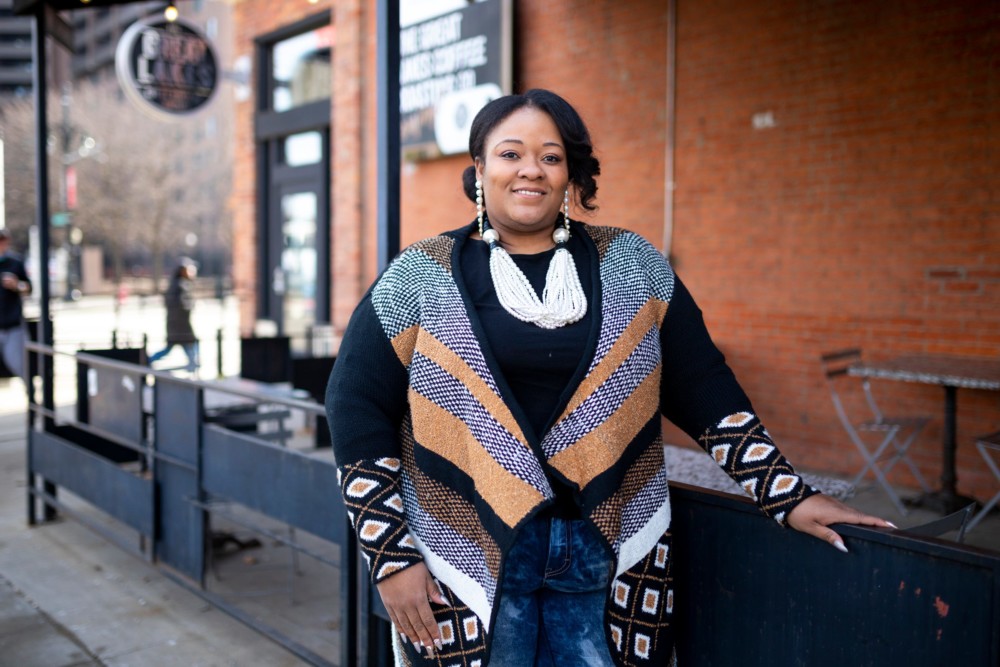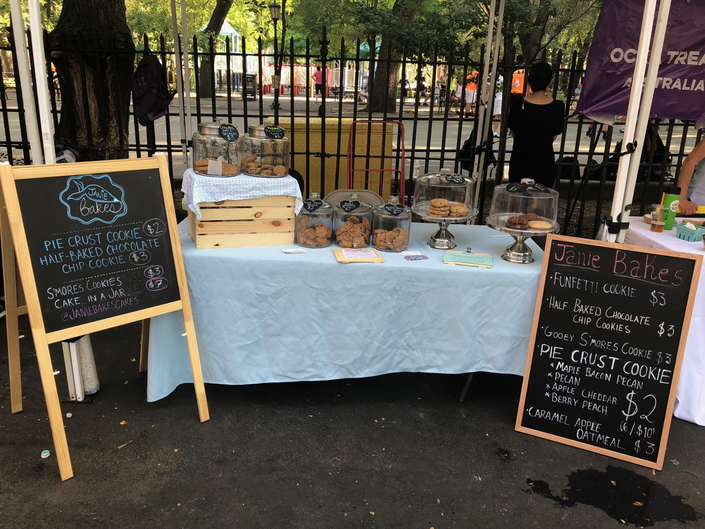Nour Rahal
Detroit Free Press
WWR Article Summary (tl;dr) Nour Rahal takes a look at what 40 looks like (professionally and personally) for Millenials who have had to grapple with multiple challenges over the past two decades including a rising cost of living and historically high student loan debt.
Detroit
OK, millennials!
Some of you are turning 40 this year and you aren’t the youngest generation anymore. Let’s face it, you are finally growing up. You’re getting married, having kids and, gasp, buying your own houses.
So much for “forever young.” No, wait, that was Gen X’s anthem.
Still, millennials have survived one challenge after another by adapting, and the latest adaptation seems to be trying to settle down, putting down roots and acting a little more like, dare we say it, boomers.
“What we are seeing is that millennials are approaching getting older with this sort of determination to continue to adapt,” said Jason Dorsey, the president and lead researcher at the Center for Generational Kinetics, a research firm in Texas.
“The oldest millennials — the ones that are now turning 40 — they came of age in the workforce and crashed right into the Great Recession,” Dorsey said. “So they ran right into wage stagnation, high unemployment, rising cost of living and historically high student loan debt.”
Edwina King, who celebrates her 40th birthday this October, is a New Leaders Council-Detroit alumna. For those who don’t know what that very adult-sounding group is, it’s a training program for progressive millennials.
King also has been a policy analyst for Detroit City Councilman James Tate since 2012.
Over the years, she’s had to adapt many times, including to virtual work.
King was in college on 9/11, and by the time she was ready to graduate, the prospect of getting a job out of school seemed unrealistic. So after King graduated from Howard University, she went to law school at the University of Detroit Mercy.
“A lot of people,” she recalled, “were forced to go back to school or to work in positions that were not necessarily what they initially went to school for.”
After law school, she said, the economy got even worse.
“That’s when we had the Great Recession and job prospects were less available,” she said. “For me, it’s just, ‘OK, I’ve been through similar adversity before, and you deal with it holistically, mind, body and spirit’ but you see it as a temporary situation.”
Now, she pointed out, we’re in a pandemic.
Making their own way
During the COVID-19 pandemic, millennials have continued to adapt.
Some feel guilty, Dorsey said, because they may have been “insulated from the economic impact of the pandemic” while others “got caught right in the crosshairs” of it.
And while many millennials have clung to their tech-savvy, achievement-oriented, don’t-tell-me-what-to-do reputation by balancing several jobs at once to create their own income, others are trying some new things.
One author, writing for businessinsider.com, confessed in, “The pandemic helped some millennials finally grow up,” that the pandemic has encouraged her to make her bed every day.
“It was too much of a hassle in a world where getting ready for and commuting to work was still a thing,” she said. “But when my bedroom turned into my office and all my meetings moved to Zoom, I couldn’t bear the sight of unprofessional disarray.”
That’s adulting, right?
Still, one reason millennials haven’t ventured deeper into what might be considered adulthood is financial. When it comes to money, many never had much — and they are trying to catch up.
Yes, millennials have a lot better access to personal finance as a result of “mobile apps” and “banking solutions” so they can better track their credit scores, savings and money, but, Dorsey said, they feel unprepared to meet their retirement goals.
They’re also less optimistic that Social Security will exist for them in a way that will help cover their bills, and they are overwhelmed by trying to repay debt from college and graduate school.
Detroit resident Christen Stott — a professional life coach, author, certified paralegal and mortgage underwriter at Quicken Loans — said she combines knowledge of real estate, foreclosure law and other experiences to make a living.
Yet she’s anxious about turning 40 next year.
Stott earned a bachelor’s degree in criminal justice from Michigan State University but still felt like she did not know where she fit in after graduation and went to law school. Then she decided practicing law wasn’t for her, either.
“My education has been very expensive,” Stott said, adding that she has struggled to repay her loans. “It makes you feel like ‘I’m never going to be able to get out from under this debt and this number’ and it’s sitting on your credit.”
Some millennials have completely left corporate America, started less traditional jobs and ventured off on their own as entrepreneurs. But, that has also added to their stress and financial instability.
Despite some setbacks, millennials are trying to take on more responsibilities — and are even passing along what they know to the next generations as they get older.
While Stott’s coaching business is not quite enough to support her full-time, she said she has been working with younger people to help them “identify and find their niche.” If that’s not growing up — teaching others what you know — then what is?
Starting to settle down
Like many millennials, neither King nor Stott is married or have any kids — yet.
Maybe that’s why millennials tend to be more mobile than any other generation before them, and more likely to rent a place. Nearly half, 49%, of all renters in 2019 were millennials.
In general, the home-ownership rate for 35- to 44-year-olds has gotten worse in the past decade, falling from 66% to 60%, according to the 2019 U.S. Housing Confidence Survey.
But there’s also evidence that millennials are finally investing in homes.
According to a Harris Poll taken on behalf of “CNBC Make It,” older millennials — 59% of them, anyway — are purchasing houses, even if they have to borrow from their retirement accounts, credit cards and parents to do so.
Compared with previous generations, the lives of millennials are less predictable. King’s father worked at the same company for more than 30 years while her mother worked at the same place for more than 40 years.
But many millennials also feel they have better work-life balance where they can travel and invest in their own hobbies because they understand that their identity is not tied to their work.
“A lot of us are having children and getting married at later ages,” King said.
“Back in the day, if you weren’t married by 30, it was like, ‘Whoa, what’s going on here.’ But now it’s OK.”
Perhaps the true test, though, that millennials are growing up, is that even the youngest ones who are now in their 20s, are starting to be mocked by the generation that is following them, Generation Z — also known as the Zoomers.
And now the older millennials with homes can tell these Zoomers to get off their lawns.
___
Distributed by Tribune Content Agency, LLC.
















































































































































































































































































































































































